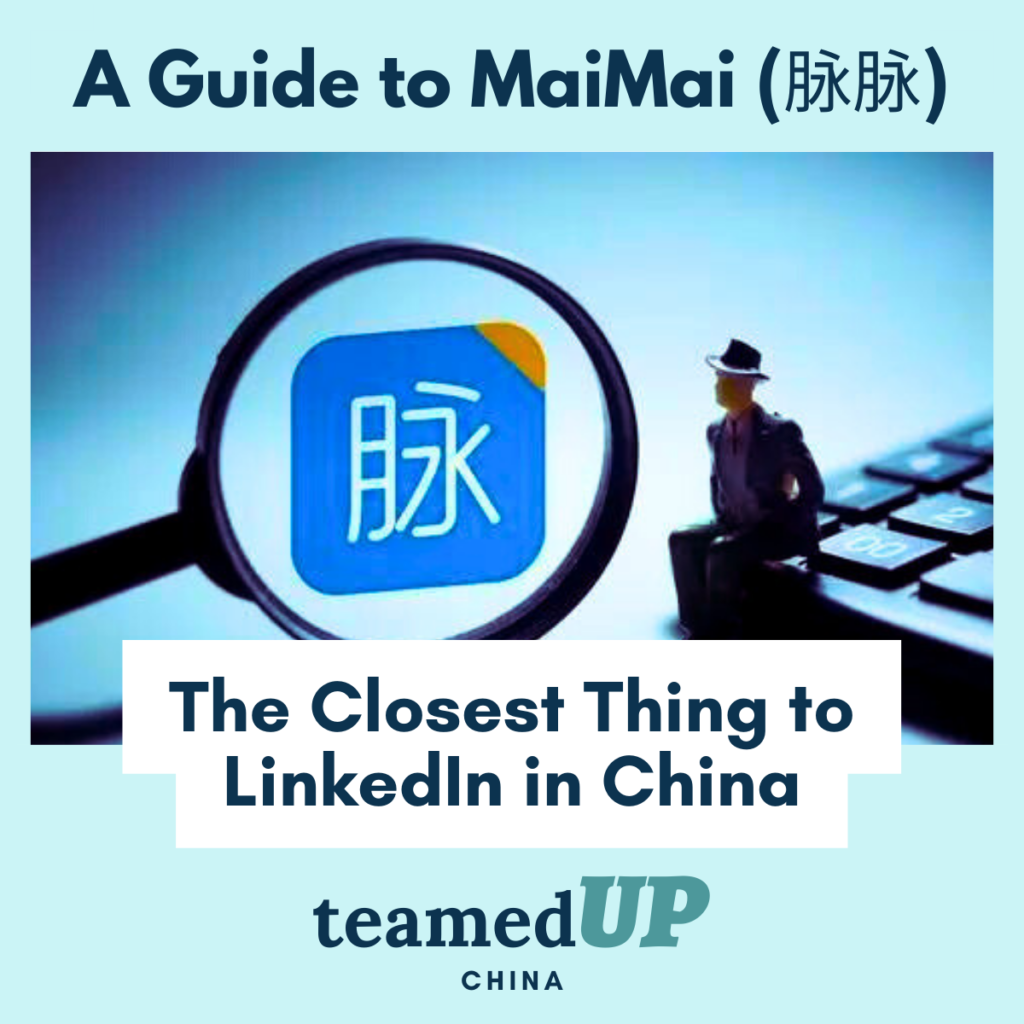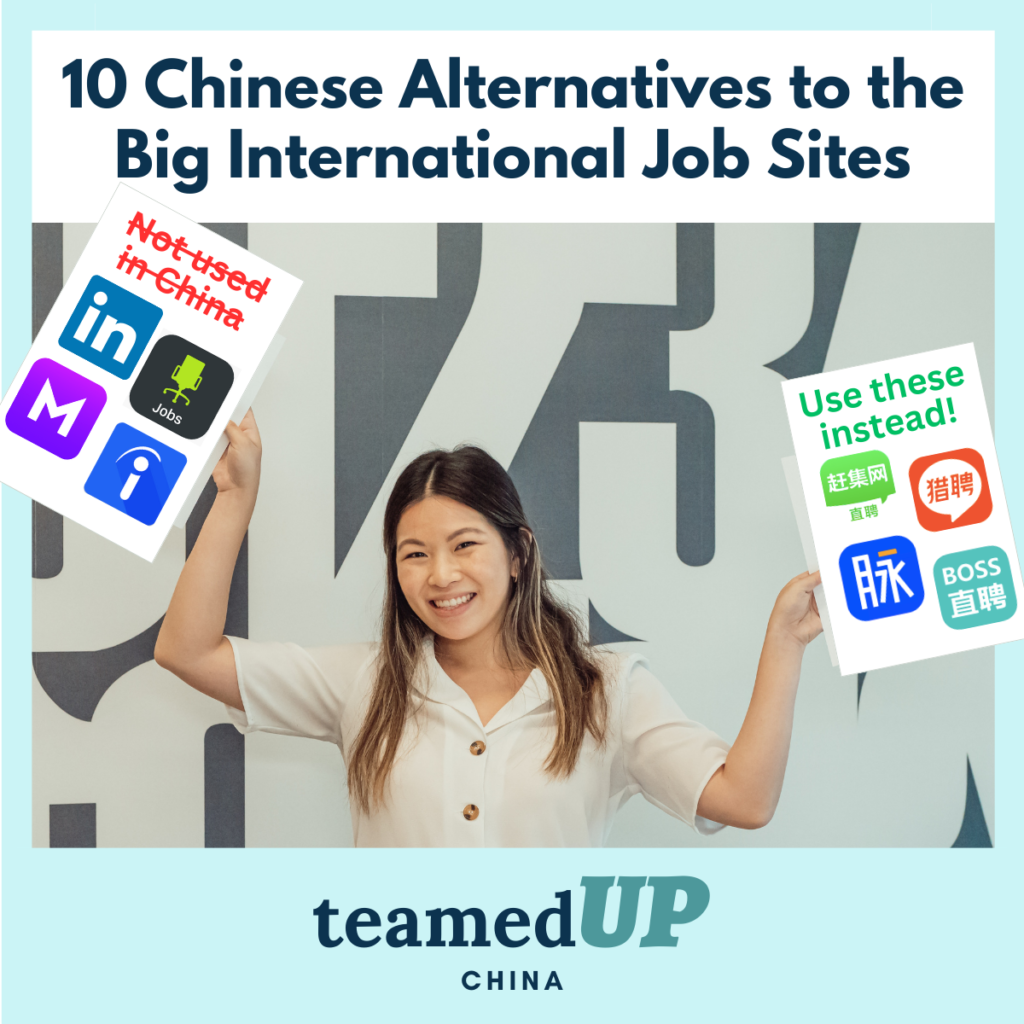6 Ways to Attract Better Chinese Candidates (2023)
The working dynamic in China is changing. While the job market is getting increasingly competitive for young job-seekers, local and government-adjacent firm roles are still in the highest demand for the brightest of China’s professional youth. In order to attract top talent away from China’s local giants (in just about every industry), both international and local private firms are wise to offer more competitive and unique packages to great candidates. [Easy tip: Don’t require a cover letter] Here are six ways that companies can attract better Chinese candidates, supported by local data from HR Giant Liepin (猎聘): 1) Offer a Long Term Plan and Job Stability In a 2023 survey by Liepin, job stability and security ranked as the most important consideration for Chinese professionals. In fact, a resounding 81.1% of Chinese job seekers ranked job stability as the most important factor when considering a new position. This is no surprise given the recent economic environment in China. Years of COVID and economic uncertainties have certainly had a large influence here. Furthermore, a recent study by Chinese HR platform 51job found that only 36.9% of companies surveyed in China have formulated career plans for fresh graduates! This isn’t so reassuring for China’s young and bright, career-seeking hopefuls. What can a company do to promote job stability for Chinese candidates? Clearly state the company’s track record of success and a growth path. This doesn’t mean adding ‘growth opportunities available’ at the bottom of the JD (Job Description). Let them know about the successes the company has had in the past, as well as what kind of growth plan the company has in general and for China. While you’re at it, why not add what type of role(s) they could grow into if everything works out well? Proudly outline the factors keeping your firm strong. If you’re representing a Fortune 1000 firm, start with that! If not, substitute things like the strong partnerships with big companies, long-term contracts with clients, financial backing, or great cash flow/profitability you might have. It doesn’t need to be hyper-specific, share what your firm is comfortable with. 2) Provide a Plan or Program for Professional Learning and Growth In the same survey, ‘Interest in the professional & technical attributes’ and ‘Potential for growth’ came in #2 & #3 respectively. 46.3% of Chinese job seekers surveyed said ‘Interest in the professional & technical attributes’ was a very important consideration. 44.1% said the same for ‘Potential for growth’. Now that we have reassured top Chinese candidates that their employer will be stable, we can move into the benefits of the individual. If you are sourcing candidates well enough and/or work in a very desirable industry, you’ll find great candidates who are already super interested in your industry! Let them know about some of the more exciting things that you guys are working on or planning, the great training you have, or projects that they can both contribute to and learn from. Blending nicely into Industry interest is the Potential for growth. Once again, this doesn’t mean adding ‘growth opportunities available’ at the bottom of the JD (we think this line generally can be wiped and upgraded). Tell them what you can about the plan. If things go well, what type of role will they grow into in 1, 3, or 5 years? Modern top candidates in China want to know that there is a future in their next career move, so it’s helpful to give them something to go on. 3) Consider a Flexible Schedule and Hybrid/Remote Work (Hint: This is Still a Rare Find in Corporate China!) As of 2023, most firms are back to the office full-time in China. While many international firms across industries have moved white-collar jobs to a hybrid schedule, most of China’s professionals are back to commuting 5 days a week. The ‘9-9-6’ work culture (9 am – 9 pm, 6 days a week!) is considered not really legal but still a widely discussed topic. The category of ‘autonomy and flexibility’ ranked high in Liepin’s data as well as our own (much smaller sample size). In our experience as recruitment service providers in China for many years, we’ve seen a sizeable uptick in candidate quality for the same remuneration when companies offer a flexible option in work time and/or location. With family being a top priority in Chinese culture, many professionals are more recently attracted to schedules that work better around a healthy home life. The overall value of flexibility is no different than the rest of the world in the 2020s, the big difference is that the supply of remote and flexible positions is lower in China. Companies are wise to consider remote, hybrid, flex schedule work as an easy win to snag better candidates for the same compensation package. 4) Encourage Creativity in the Workplace Upfront Trust us when we say that China has some amazing creatives! Many quality Chinese candidates (29% of those surveyed) highly value creative challenges. When these types of things are promoted in a job description and interview upfront they will have a unique job quality that many Chinese firms will not. It also serves as a bonus filter in attracting candidates up for a challenge and a certain type of workplace experience! Let candidates know about the creative, collaborative projects at your firm. Tell them if trial and error is encouraged in the company culture. 5) Compensate Well (and Be Clear About it) While this may be near the bottom of this list, it should probably be the first thing you consider when budgeting a Chinese hire, and also the first to revisit when struggling to hire well here. Because they are not usually the first choice for Chinese candidates, international companies must really look at offering high-end or slightly above the local market salary and compensation rates (not sure what that is? We can help with that). And be clear about this upfront. China has a fast-moving job market and top local job sites receive
6 Ways to Attract Better Chinese Candidates (2023) Read More »


